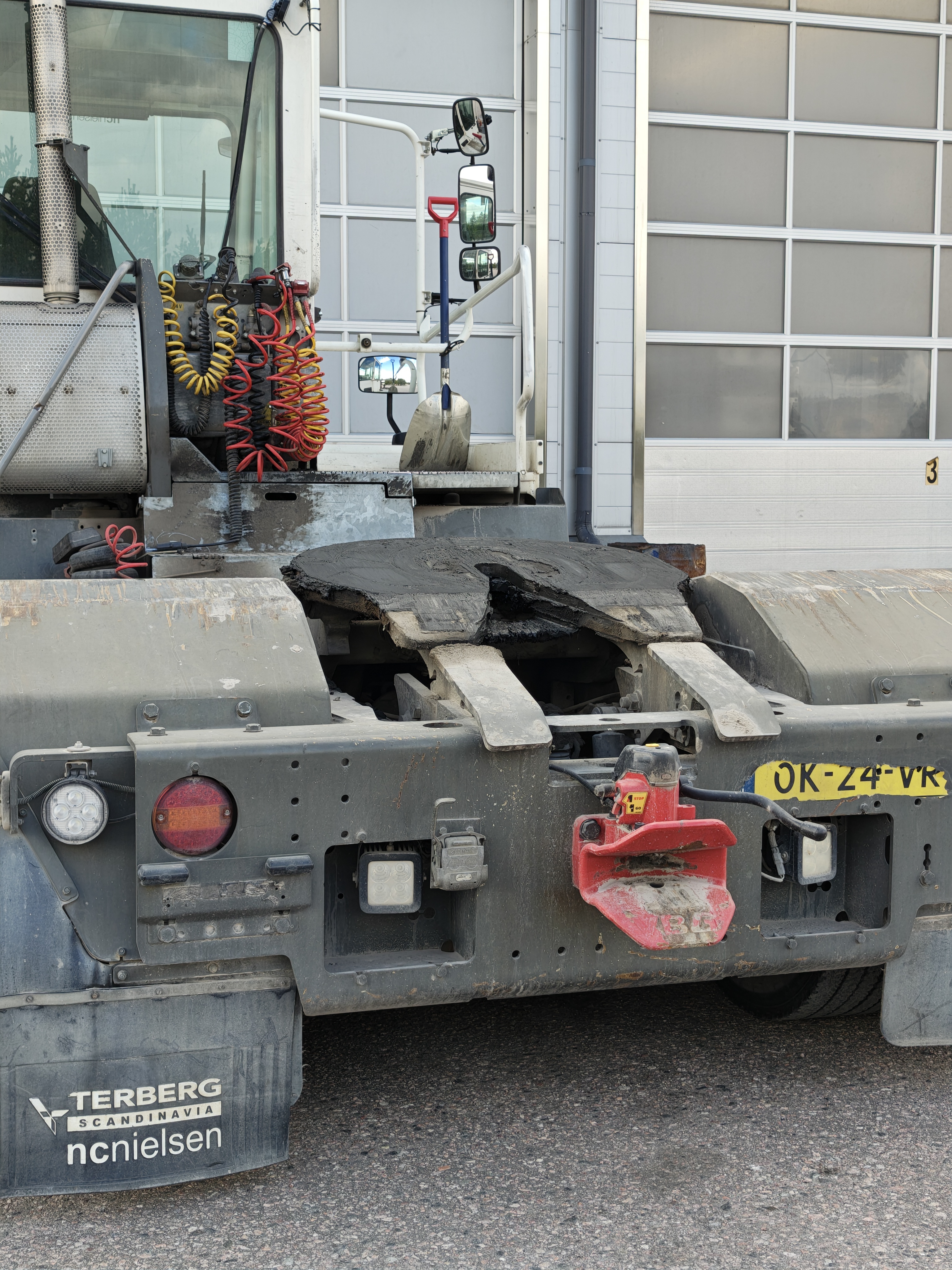Do You Check Your Trailer Coupling Regularly?
To increase the safety and service life of your coupling equipment, it is essential that it is carefully and regularly inspected. The coupling equipment on your truck is a safety product and must be inspected and maintained for your own safety and the safety of your fellow road users. With just a little effort, you can rest assured that you are driving a roadworthy vehicle, and at the same time extend the service life of your coupling equipment. Here are our simple tips on how you can easily help increase safety on our roads.
Every day: Test functionality and lubricate!
Before the start of the workday, you can perform coupling and decoupling to make sure it functions smoothly. Check that the coupling is not too dry (use a little VBG mechanical oil to lubricate the mechanism under the grease plugs), and if your truck is equipped with VBG Mechmatic, make sure it is charged.
It is important that the mechanism locks securely when coupled to ensure safe driving. Once you have tested this and checked the lubrication, you have done the most important equipment check for the day.
Also check for any visible damage to the equipment that may have recently occurred.
Professional service
Once your vehicle has passed 60,000 km, it is important to carry out a major inspection of all the functions and parts in the trailer coupling system. The easiest and safest way to do this is through your certified service workshop.
What needs to be done with the coupling equipment?
VBG provides several service documents that help you in your workday, both as a user and if you work at a service workshop. To keep track of the condition of your trailer coupling, we recommend the following documents:
User manuals, couplings
Guidelines for maintenance, couplings
Download VBG’s checklist for simple and quick tips to help you keep your coupling equipment in top condition!
Recommended reading

The year in review on The Strong Connection – 3 articles setting the tone for 2026

The transition enters its next phase – Future outlook 2026

